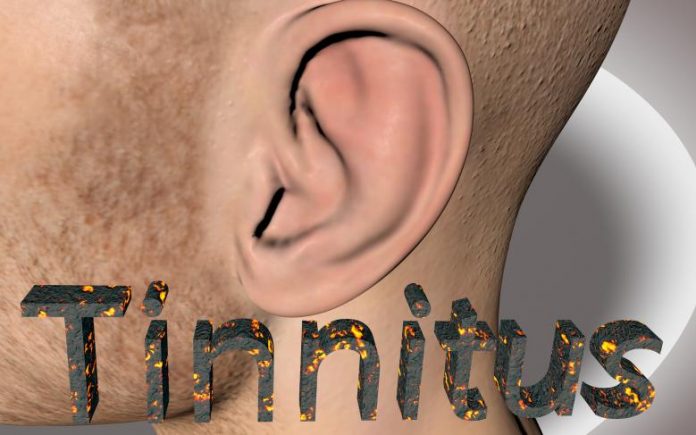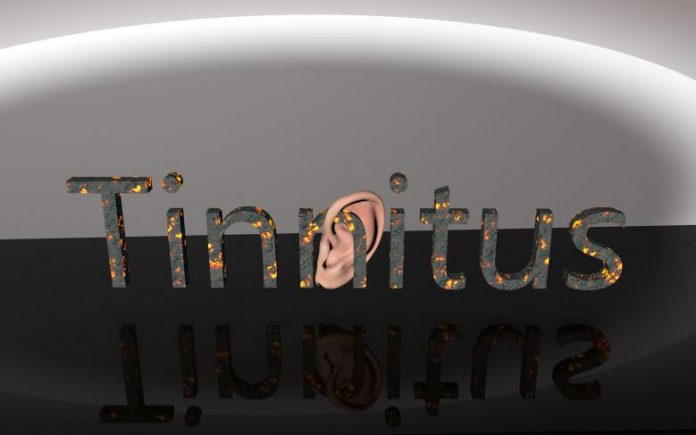How to Live With Tinnitus
Tinnitus is a condition where an individual hears ringing, buzzing, or other sounds in their ears. Numerous things, such as age-related hearing loss, loud noise exposure, and specific medical problems, might contribute to it. While there is no known cure for tinnitus, there are several things that can be done to help manage the condition and reduce the impact it has on your life.
-
Protect your ears: Avoid exposure to loud noises and protect your ears when you know you will be in a loud environment. Wearing earplugs or noise-canceling headphones can help reduce the amount of noise you hear and prevent your tinnitus from getting worse.
-
Relaxation techniques: Stress and anxiety can make tinnitus worse. Try relaxation techniques such as deep breathing, yoga, or meditation to help reduce stress and improve your overall well-being.
-
Get enough sleep. Lack of sleep can make tinnitus worse. Make sure to get a good night’s sleep by following a consistent sleep schedule, avoiding caffeine and electronics before bedtime, and creating a comfortable sleep environment.
-
Cognitive-behavioral therapy (CBT) is a type of talk therapy that helps you change the way you think and behave in response to your tinnitus. A therapist can help you learn ways to manage your tinnitus and improve your quality of life.
-
Sound therapy: Some people find that listening to background noise, such as white noise or nature sounds, can help to mask the sound of tinnitus and make it less noticeable.
-
Use of devices: Tinnitus maskers are devices that produce a sound that is similar to the tinnitus sound. The sound of the device masks the tinnitus sound and makes it less noticeable.
-
Visit a specialist. Consult with a specialist, such as an audiologist, an otolaryngologist (ear, nose, and throat doctor), or a neurologist, to discuss your symptoms and determine the best course of treatment for you.
It’s important to remember that everyone’s experience with tinnitus is different, and what works for one person may not work for another. It may take some trial and error to find the best approach for managing your tinnitus, but by working with a specialist and trying different strategies, you can reduce the impact of tinnitus on your life.
The grating noises of tinnitus affect about 14% of the population in the United States. It is a problem that causes the victim to hear irregular noises and can last for any length of time. Not many are damaged or affected on a serious level, but it can happen. Follow the tips listed in this article, and it should vanish before long.
Try to stay away from loud environments if you suffer from tinnitus. This could make your symptoms worse, even if you are taking medications for them. If you have no choice but to be in a loud place, be sure to wear earplugs when you can in order to block out noises.
Try to avoid exposing yourself to loud noises. Carry earplugs with you in situations where you might be exposed to extremely loud noise. You can even shove your fingers in your ears in an extreme case. For many sufferers of tinnitus, loud noises can trigger or make the condition worse.

Research some relaxation techniques, such as deep breathing or meditation. For many people, being stressed can make tinnitus worse, and the tinnitus itself causes stress. This positive feedback loop can be broken through the use of relaxation techniques, which can help reduce the incidence of tinnitus in your life.
Seek advice from a doctor if you are suffering from tinnitus. Tinnitus is likely a sign of a different problem that will likely need treatment from a professional. Chronic tinnitus can also be stressful and make it hard to enjoy a normal day. Tinnitus is unlikely to be deadly, but the benefit of seeing a doctor is that it may be treatable.
Some people elect to try alternative forms of therapy to help them cope with tinnitus. Using the herb ginkgo biloba on a daily basis can aid in relieving some of these symptoms. For some, alternative therapies such as acupuncture, reflexology, and relaxation have proved to be beneficial for tinnitus.

Find a tinnitus support group and attend a meeting. This environment is the right place to get the education you need, as well as the companionship and support of people who experience the same symptoms as you do. Support groups will assist you in learning how to cope with the daily challenges of tinnitus.
Go to sleep in a room that is void of any light. Also, make sure to go to sleep with some noise playing in the background. For example, you could leave on some soft music or use a white noise machine. Both of these things will help you get more rest and reduce the symptoms of your tinnitus.
To get your mind off tinnitus, create an alternate noise to listen to. Recite poetry or mantras to yourself. Play a musical instrument. You can even chew gum. Singing and humming your favorite songs is always a pleasant way to get through your day and your mind off of the ringing.
When you are dealing with a condition that is as disruptive to your lifestyle as tinnitus, it is so important to keep a positive attitude. Although you may not see a solution yet, avoid giving in to feelings that you will never get better. Look to the future with a hopeful attitude, and always keep searching for a treatment that will give you some relief.
You may find some relief from tinnitus if you just find a good masking noise to listen to. This noise could be a ticking clock, static from an unturned radio, or an unturned TV channel. The quieter your surroundings are, the more the noises of tinnitus are going to bother you.
Do your best to not pay attention to the noises that you hear from your tinnitus. If you can manage to find a way to ignore it, you will suffer much less from it. It is a part of you, and it may be something that you are going to have to deal with for the rest of your life, so the sooner you learn to ignore it, the better.
If you suffer from pulsatile tinnitus (the sound in your ears keeps rhythm with your heart), ask your doctor if using tricyclic antidepressants may be beneficial for your condition. These medications have been proven to offer relief to numerous people who suffer from pulsatile tinnitus. Since this class of medication may cause side effects, your physician may prescribe these drugs only on a trial basis to see if they are effective.
There may be no definite cure for tinnitus, but the above information can still help calm or even remove the sounds. The actual causes of the issue are unknown in most and varied to others. The key is to remain calm and not excite yourself. Proceed with caution; if it lasts for a great length of time, then you have to contact a professional.
